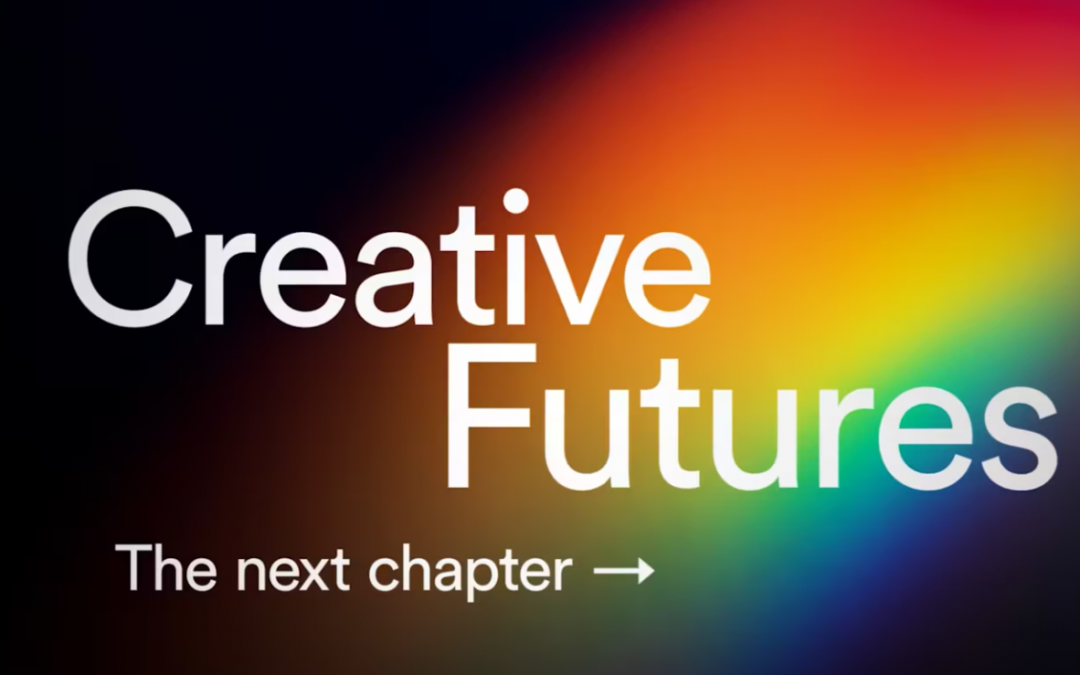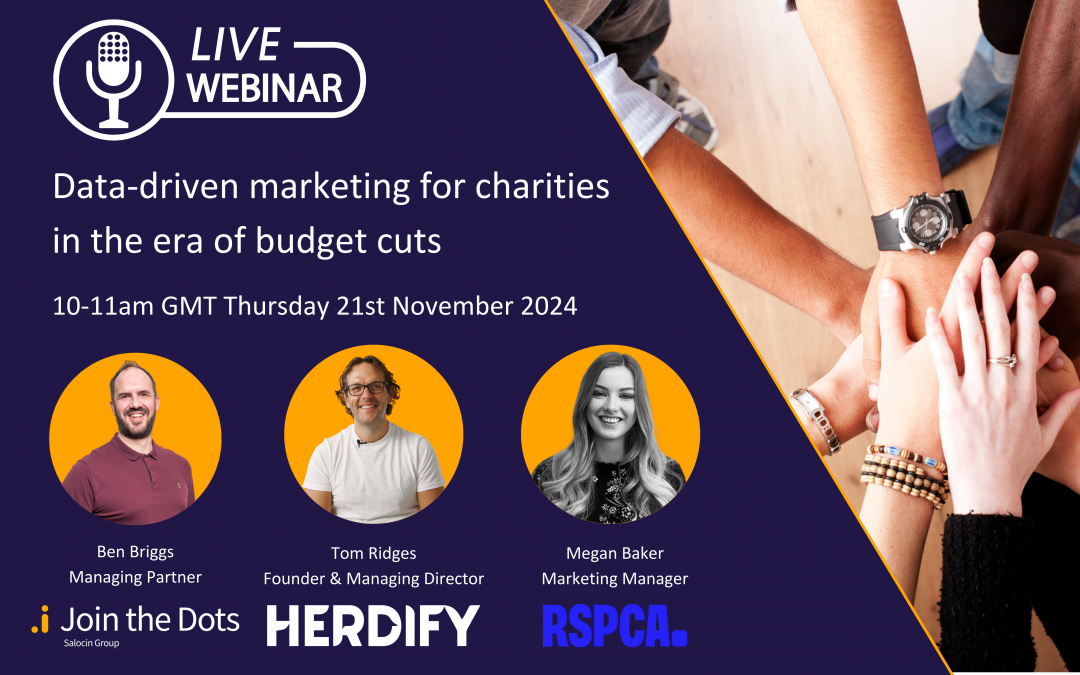In an industry driven by multiple processes, inclusive of print, tech, and data, we ensure that a conscious effort is made, so that our work is ethical and sustainable. Not only in keeping with our brand ethos and accreditations, but also reassuring our clients that the work we produce for them is mindful of any objectives they have, to better our planet.
At Join the Dots, we value sustainability highly and action sustainable practices in every work process we execute. – of course as one of our six core principles as a brand, it would be rude not to!
Diesel cars and plastic waste in the ocean are not the only elements that play a role in global, environmental damage. Commonly overlooked, working in media does impact our environment more than you may think. There’s the knowledge of how print has its own sustainable challenges, but it’s not simply that aspect of media we are mindful of.

Data Hygiene
Data is an integral part of not only our work, but also our personal life. Whilst we may not be always aware of it, it’s there and it’s having an effect. We do not expect you to understand the nooks and crannies of data, but it is good for you to understanding how taking a holistic approach to your data management, can be most sustainable.
We can establish three aspects of holistic data management that can ensure the integrity of your data is intact. Having your data controlled, secured, and simplified are effective in ensuring your data is holistically effective.
- Control – everything that takes place with your data is recorded
- Secure – Usage of your data defines an authoritative role for the self; this takes place when you consistently manage the use of your data
- Simplification – Data can be represented in an accessible, unique syntax which enables users to understand the aspects of their personal data system.
Keeping on top of holistic data is a responsibility that prompts us to be mindful of the risks, privacy and security involved.
We determine the cleanliness of data based on its accuracy. Duplicated, incomplete and/or outdated information is ‘dirty’ data. Consumers may be unaware of this and are at risk of trusting inaccurate data sources. Free from inconsistencies and errors, having good data hygiene is crucial in ensuring ethical and efficient work.
Again, outdated data is not clean and can create a backlog – having this unnecessary data in your system/storage is wasteful. When not in use, there are underlying greenhouse gases and environmental repercussions that impact your carbon footprint.

Precise Targeting
Again, with minimising waste, we’re conscious of how we can best work to help not only achieve customer objectives, but also ensure the work is not wasted by not being engaged with. Engagement is a key metric when analysing the results/impacts of a campaign and as much as we would like to forecast exposure at a high level, meaning means your messages can be captured by as many people as possible, it’s not feasible. To combat this obstacle of wanting high engagement and response rates, whilst not printing too many inserts/mailings, we use precise targeting.
Precise targeting aids in preventing/reducing waste as it enables us to send out campaigns to recipients whereby their interests and/or behaviours correlate with the product, service, cause being advertised; the likelihood of exposure to a campaign would be high.
By witling down an audience profile to the individuals who are inclined to consume/donate a certain brand, you can be confident that your messages are being received by your client’s ideal audience.
Precise targeting is not just limited to digital campaigns either. By using platforms such as ‘JICMAIL’ and ‘TGI’, we can best establish the audience that will respond best to your campaign. If most of the campaign presents high engagement results, then any print work done is justifies; little to nothing is left unseen and wasted – the risk of waste is minimised, having a positive impact on the planet, not to the extent of a campaigns success.
“At the start of any campaign planning process, the first step is to discover our client’s audience. Using key data sources and marketing platforms along with ingesting any recent client data, we’re able to understand who the client’s ideal customer is and which media channels they consume. For direct response campaigns, precision targeting is essential as ROI is a key metric in determining the success of a campaign, and to provide an efficient ROI we need to ensure there is minimal wastage.
Jodie Hanrahan, Media Account DirectorThis not only ensures that the mailings/inserts are reaching the audience most susceptible to respond, but also means that the consumers receiving them are less likely to just throw the item away without engaging, which in turn provides a more sustainable marketing solution.”

Having an ‘Ad Net Zero’ and ‘BCorp’ accreditation affirms how we as a business, prioritise sustainable practices both in and outside of work.
Your understanding and behaviours surrounding sustainability can have an impact. We encourage you to be mindful of what actions you can take, to better our planet, our home.
If you want to find our more on how you can have ‘clean’ data, get in touch!











